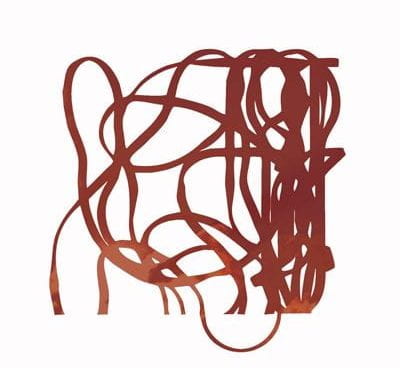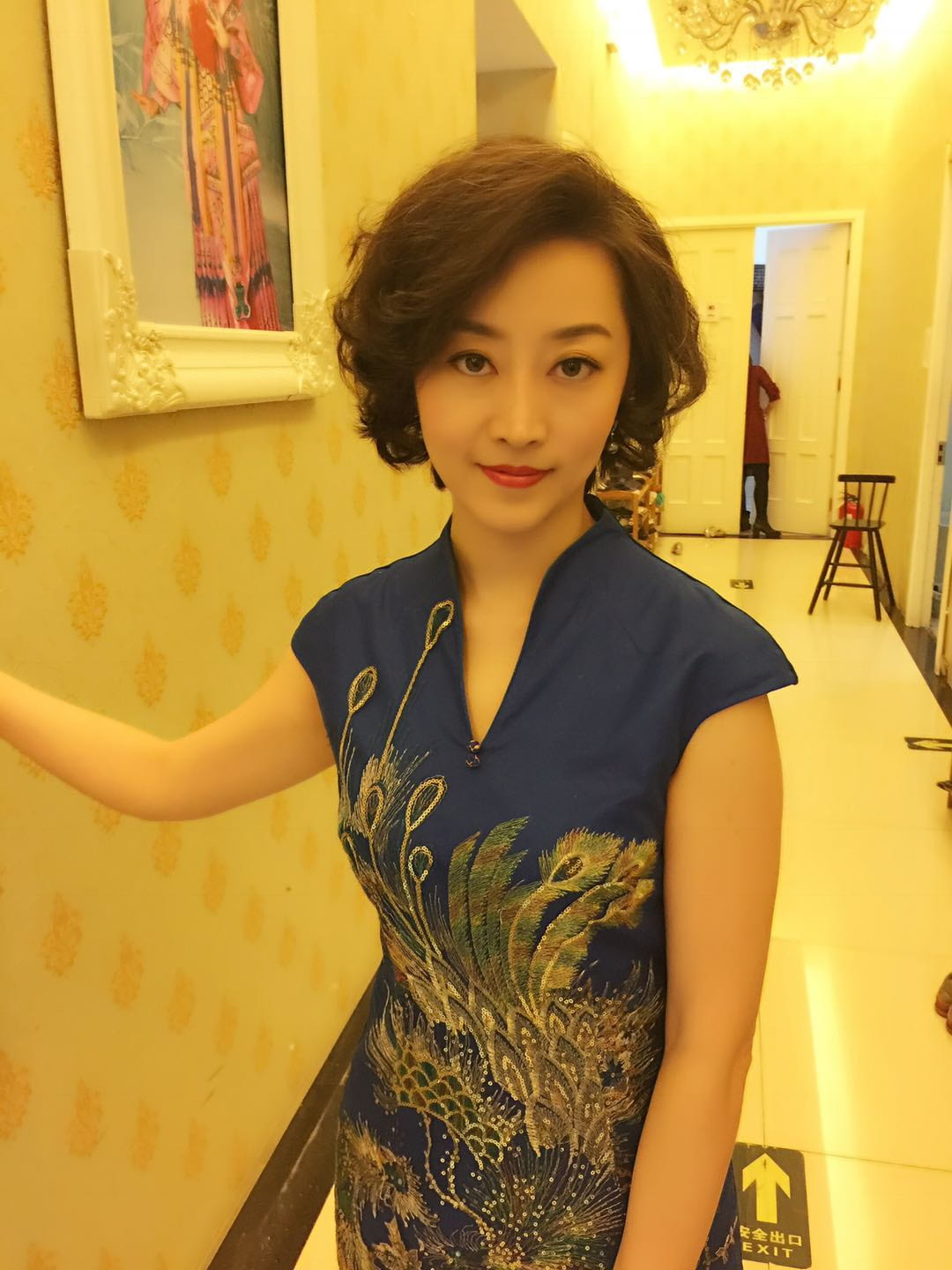Covid-19 has changed the whole world, reshaped the whole world. It might have caused lots of panic and anxiety, but it also pushed us to reconsider the relationship between nature and mankind. Today, I would like to share with you some of the idioms and terms related to Covid-19.
First: wear a face mask, 戴口罩 (dài kǒu zhào), in a store, in a classroom, on public transport: we all need to wear it.
Second: social distancing, 社交距离 (shè jiāo jù lí). We should always mind the distance for the safety and health of each other.
Third: the pronunciation of Covid-19 should be 新冠 (xīn guān), not 新冠 (xīn guàn)
Forth: if there is a confirmed case, 确诊 (què zhěn) in our community, we need to take extra precautions.
Fifth: many countries are researching vaccinations 疫苗 (yì miáo) for this new virus, hopefully these developments will soon be available.
Sixth: 隔离 (gé lí), isolation. When you develop symptoms, you must stay home, protect NHS and others.
Seventh: 封城 (fēng chéng). When a pandemic breaks out, we may have to lock down (封城 (fēng chéng)) our city to stop the spread of the virus.
Since the outbreak of the pandemic, there has been lots of warm messages and support sent by different nations to each other. For example, Japan sent so many face masks, accompanied with poems written on the boxes. The poem goes:
“青山一道同云雨,明月何曾是两乡。”
qīng shān yí dào tóng yún yǔ, míng yuè hé céng shì liǎng xiāng
This poem is quoted from ”Seeing Off Imperial Censor Chai”, written by a poet named Wang Changling from Tang dynasty. It can be translated as “Blue mountains of different nations share the same clouds and rain, bright moon shines above the same earth.”
Another quite popular poem is “山川异域,风月同天。”. This can be translated as “mountains and rivers apart, wind and moon at heart.”
HSK (Chinese Proficiency Test) Centre in Japan donated 20,000 face masks to Wuhan when the first round of pandemic broke out, with these characters on the boxes. It was written by a Japanese king named Changwu who donated 1000 kasayas (traditional buddhist robes) to Buddhist monks in Tang dynasty.
The whole world is different now, however, tomorrow, the sun will also rise. Interestingly, you will find there are so many ancient poems often using the symbolic of the moon to express emotion.
One more poem to share with you is
“岂曰无衣,与子同裳”
qǐ yuē wú yī, yǔ zǐ tóng cháng
This poem is quoted from ‘the Book of Songs”.
“Can’t you say, you don’t have a cloth? I will share mine with you.”
Ancient Chinese poems find their vitality and life again during this pandemic. They inspire us to work together, to think in-depth and to conquer the hardships. We call it 共(gòng)克(kè)时(shí)艰(jiān),which means to mutually counter the hard time.
Author: Shu Gao, Mandarin Lecturer
Shu Gao studied at Nanjing Institute of International Studies before graduating from Nanjing Normal University with an MA in Linguistics (Translation Studies). She has translated abridged versions of Jane Austin, Marilyn Monroe, When Summer Comes and a number of other books. She currently lectures in Chinese on our Undergraduate Chinese studies programmes in the department and oversees our Mandarin for Beginner’s short course.



